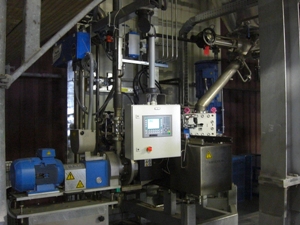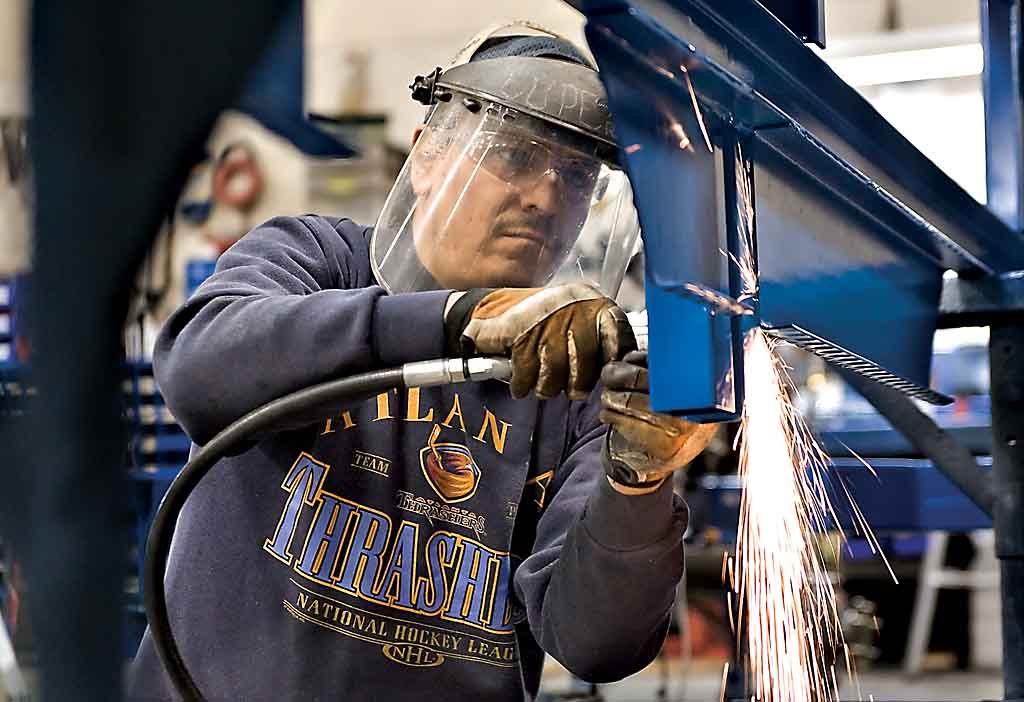Responding to the expanding demand for sustainable development and rising prices of raw materials, Royal DSM, a global advanced materials manufacturer based in the Netherlands, has made sustainability its strategic priority. In partnership with Neste, a leading producer of renewable fuels and feedstock for the chemical industry, Royal DSM aims to expand sustainable feedstock for polymer production and offer products that can support a more environment-friendly circular economy model.
Polymer materials have become an essential part of modern life and industrial development due to their versatile nature and superior material properties. However, many of today’s petrochemical-based polymers have concerning environmental impacts, including the greenhouse gases involved in raw material extraction and manufacturing and the waste plastic pollution of the environment.
The growing understanding of modern plastics’ environmental impact allows some of the leading materials manufacturing companies to increase their efforts to develop innovative technologies that can mitigate ecological degradation by establishing circular economic models for plastic manufacturing, utilization, and end-of-life treatment and reuse.
By partnering with Neste, DSM’s Engineering Materials division moves towards establishing a comprehensive portfolio of high-performance, sustainable polymers and carbon footprint reduction.
By 2030, the company aims to offer a full alternative range of its high-performance materials manufactured from at least 25% recycled plastic waste and bio-based feedstock for polymer production.
Mass-Balanced Feedstock for Polymers
The range of sustainable alternatives will rely on many different technologies and approaches such as mechanical recycling, thermochemical recycling, and mass balance accounting of bio-based and recycled feedstock for polymers.
Mass balance accounting is based on the principle that the input feedstock’s mass is equivalent to output product mass. A set of rules can be derived that allocates the bio-based and recycled content to different products manufactured from a mix of fossil-based and sustainably source feedstock.
The manufacturer can trace the flow of materials through the production value chain and highlight the amount of displaced fossil feedstock, allowing them to claim and market the content as ‘bio’-based or ‘recycled’-based.
Traceable and Sustainable Feedstock for Polymer Production
As the world’s largest producer of renewable fuels and raw materials for the polymer and chemical industries, the Finnish company Neste supports its partners with sustainability-oriented renewable and circular solutions.
Neste derives its sustainable feedstock for polymer production, called Neste RE, by combining renewable raw materials, including:
- Waste (and residue) oils and fats
- Sustainably produced vegetable oil and waste plastic that cannot be mechanically recycled, such as colored, multilayer, or multi-material packaging, and has previously been incinerated for energy recovery or landfilled.
The renewable component of Neste RE is produced from 100% bio-based, globally sourced raw materials such as cooking oil or sustainably sourced palm oil.
These are subjected to esterification in a biomass-to-liquid (BTL) process, branded NexBTL, which utilizes Neste’s proprietary conversion method at refining Porvoo facilities Finland, Rotterdam in the Netherlands, and Singapore.








